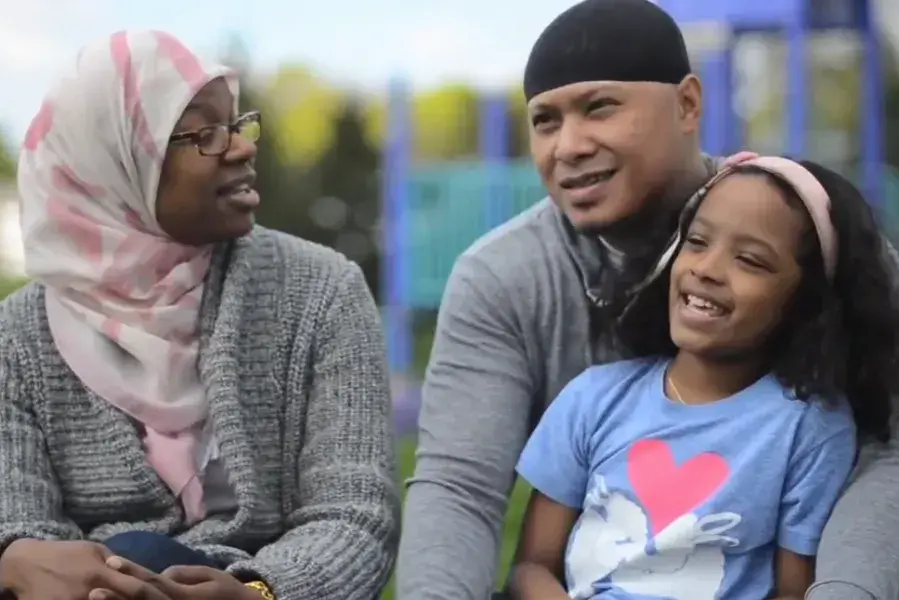I recently had the pleasure of meeting Dr. Emad Rahim, a genocide survivor with an amazing story about motivation.
Between 1975 and 1979, the Khmer Rouge killed an estimated 1.7 million people in Cambodia. As a young boy, Rahim was there to witness the atrocities. Along with his mother and sister, he escaped to Thailand, then eventually to the United States. Growing up, he had to endure an abusive stepfather. But he didn’t let his home life or a learning disability stop him from going to college. Despite his dyslexia, he graduated and went on to earn his Doctorate of Management in Organizational Development and two graduate degrees in project management and business management.
Q. Dr. Rahim, how did you discover entrepreneurship, and why did you decide to become an expert on the subject?
My initial entrepreneurship endeavor was impromptu, sheer teenage exhilaration. I was 16 years old and hanging out on college campuses and fraternity houses to spin at their parties and events. That prompted me to produce and sell mixtapes of established DJs from New York City. Without realizing I was being an entrepreneur, I created inventory to supplement my base revenue. I didn’t know any best practices or buzzwords, but I had the moves and the motivation. I made more money than I ever could have working at McDonalds. Those were great times.
Q. Tell us what you had to overcome to succeed in college, and how did you do it?
I barely graduated high school, and I was never advised to take the SAT. I ended up attending a local community college in my city, where I was struggling and was ready to give up. One day in class I shared my frustration with my sociology professor on the difficulties I was having trying to balance my work and family obligations with school. He recommended that I look into a nontraditional college for working adults.
I applied {to SUNY Empire State College} and got accepted. But then I was diagnosed with dyslexia. So I requested guided mentorship and support, and three years later graduated with an Associate’s and Bachelor’s degree in Science.
Q. What advice would you give to an adult learner to help them manage their relationships with family and friends?
It is simple: don’t plan your family and friends around your education. Plan your education around the people you love and respect. Let’s compare the adult student to an entrepreneur or startup owner. There’s this idea that all entrepreneurs are madmen who have to work ridiculous amount of hours, and they end up losing their friends and family – it’s a false idea. The same goes for adult learners. You don’t have to give up everything for your education. If you include your friends and family in your educational journey, then you will never be lonely and have plenty of motivation when needed. Share your progress with others, and don’t forget your obligations and commitments to your friends and family while attending school.
Q. What do you see is the future of learning online?
Online business programs that effectively utilize technology in their eLearning platform will stand out to students and employers. Universities will have to invest more money, time, and resources in developing their online content and platform. I believe we will see more proprietary eLearning platforms being created and universities developing apps to support the use of tablets and smartphones.
Q. How can adult learners get the most out of online education?
It’s important for students and faculty to cultivate an online experience that fosters fellowship, meaningful networks, and life-long friendships. Universities should bring the curriculum to life by using the latest technology, integrate the most creative pedagogy, provide relevant tools and apps, adapt to students’ learning style and circumstances, and make business education inclusive and approachable.
Q. Who were your mentors, and how important were they in your education?
Because I did not have a father to mentor me, I was fortunate to have met Mr. Willie Dowdell in high school. Willie was a school administrator and teacher. He became my mentor and served as my only father figure. He knocked on my door when I skipped school, scolded me when I acted up in school, was my soundboard when I needed to vent, pushed me to graduate high school, and assisted me in completing my college application. Sixteen years later he is still in my life as my mentor and the closest thing I have to a father.
I want to thank Dr. Rahim for taking the time to share his story. And I invite you, as an adult learner, to be resilient and follow his example.
Written by Bill Davis, MA, CM
Bill Davis is an Instructor at the University of Arizona Global Campus.
